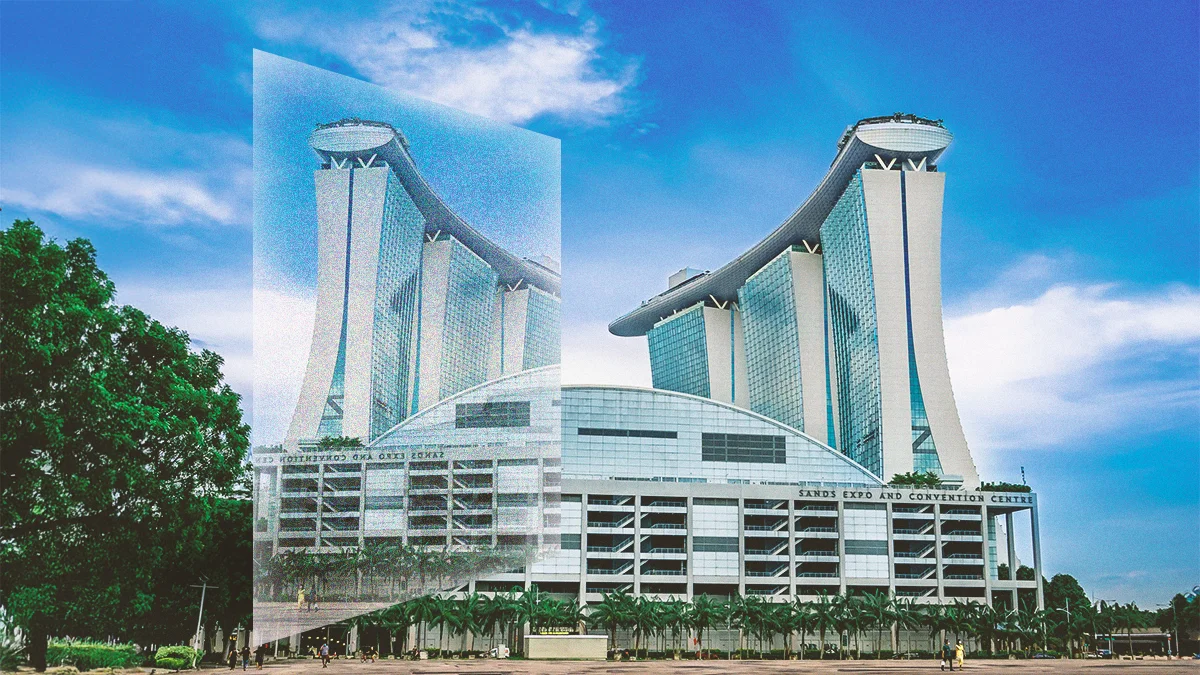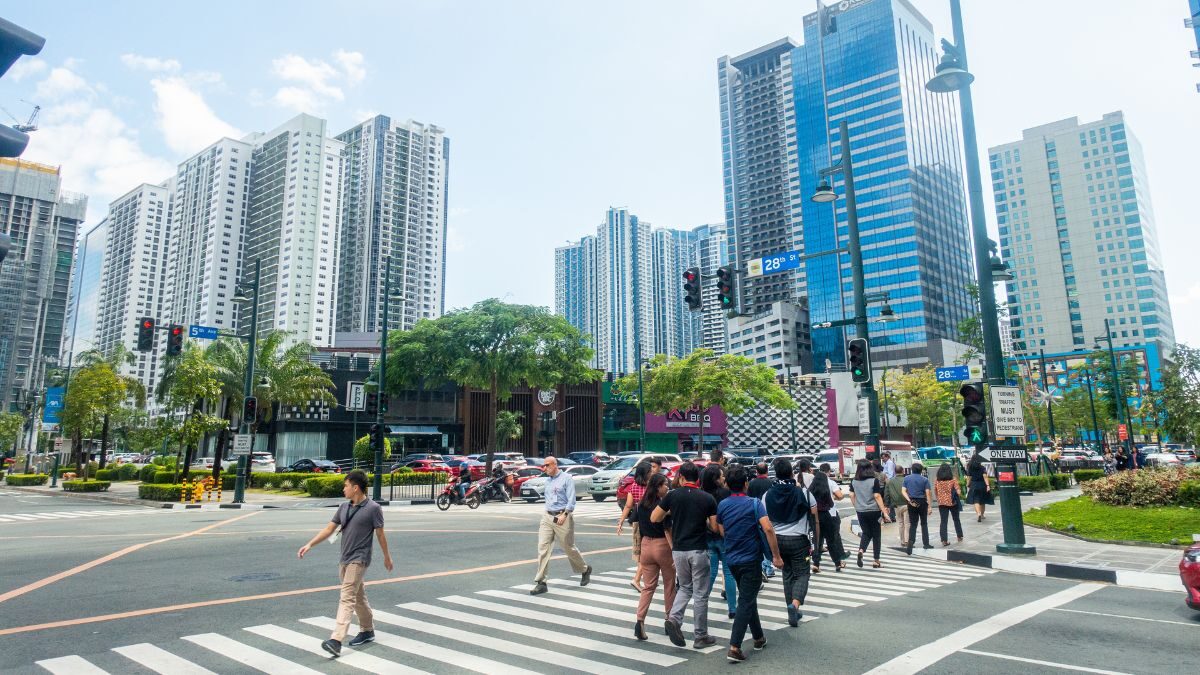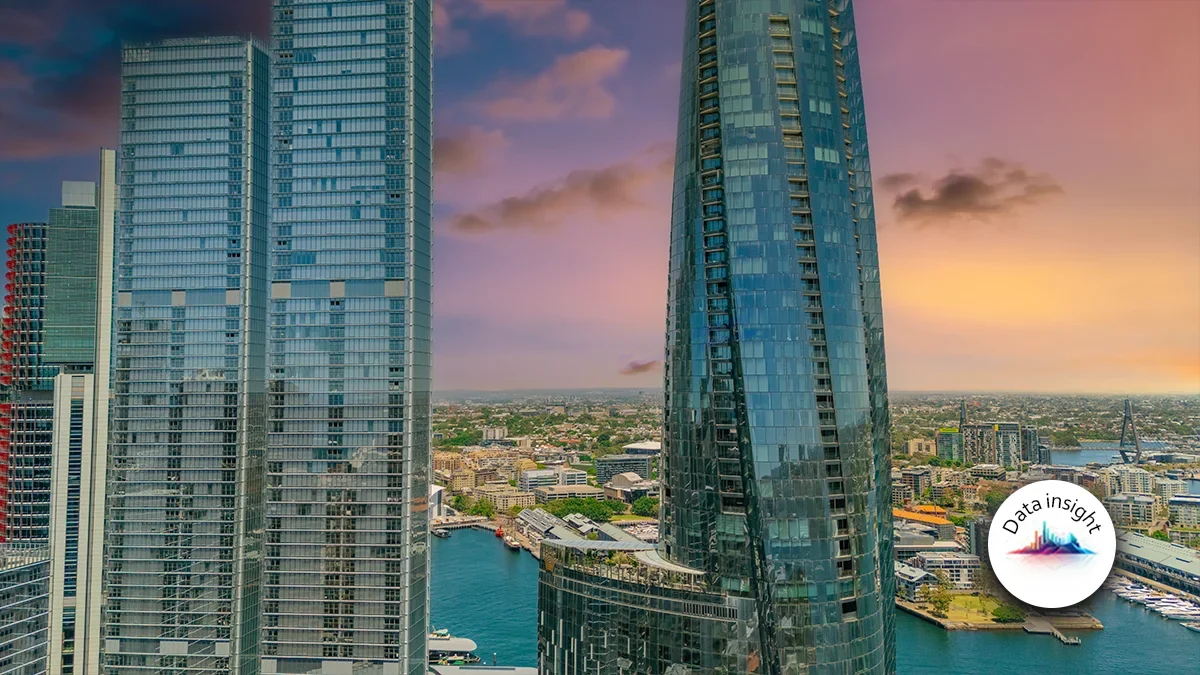(Re)in Summary
• SIRC 2024 took place from 4 Nov with over 3,300 participants.
• Marc Haushofer highlighted challenges of climate change and AI integration.
• Achim Kassow of Munich Re noted moderate growth and high political risks by 2025.
• Recent US hurricanes may affect APAC property catastrophe treaty rates.
• Talent shortage in insurance sector highlighted, especially in Asia.
• AI and tech disruption continue to be major themes, with a focus on responsible AI use.
• Donald Trump re-elected during the 20th Singapore International Reinsurance Conference (SIRC), with some fearing return to power might usher a new era of uncertainty.
One of the biggest news stories of the year unfolded mid-way through the 20th Singapore International Reinsurance Conference (SIRC) – the re-election of Donald Trump to the White House.
While some fear that his return to power might usher in a new era of uncertainty, the general sentiment within the insurance industry is that this trajectory was in place anyway. One senior underwriter in Singapore, speaking on the sidelines of the conference, said: “We are already living in a world of accelerated risk.”
The theme of this year’s conference was “Revolutionise (Re)insurance”. According to the organisers, the conference attracted more than 3,300 participants this year, 500 more than last year, with nearly 2,000 coming from overseas.
In welcome remarks, Marc Haushofer, the Former chair of the Singapore Reinsurers’ Association (SRA), said that the theme “could not be timelier as we navigate a world reshaped by climate change, technological disruption and shifting global economies.”
He added: “Our industry faces the task of adapting to emerging risks and embracing new technologies. From addressing the urgent challenges of climate change to exploring the broad impacts of AI integration, our discussions will not only identify current opportunities but also shape our future direction.”
He also said that “attracting, retaining and nurturing talent remains essential” for the insurance industry’s success.
Achim Kassow
Member of the Board of Management at Munich ReAchim Kassow, Member of the Board of Management at Munich Re, painted a bleak picture of the outlook for the market environment.
In his opening remarks on day two of the conference, he said: “The risk environment we can expect in 2025 is characterised by – at best – moderate economic growth, elevated claims inflation, high political risks and more and stronger NatCat events that extend beyond the past.”
Singapore’s Deputy Prime Minister Gan Kim Yong delivered a keynote address at the conference, saying that four key areas will drive demand for insurance across APAC: climate change, the transition to renewable sources of energy, the digital revolution and shifting demographics in the region.
“Amid this demand growth, we will reinforce Singapore as Asia’s leading reinsurance hub,” he said.
He added that this would involve strengthening the country’s ecosystem for (re)insurers, helping them deepen their capabilities (especially in AI) and expanding insurance through alternative risk transfer.
Making insurance sustainable
SIRC kicked off less than two months after the world’s (re)insurers gathered in Monte Carlo for the Rendezvous that takes place there each year.
Discussions at Monte Carlo were peppered with talk of flatter rates and downward pressure in some areas. This was before two significant hurricanes (Helene and Milton) hit the east coast of the United States, unleashing devastation across the region.
Senior Broker
(Re)insurers and brokers are now talking about the knock-on effect that this will have on treaty renegotiations in APAC, especially for property catastrophe.
Speaking on the sidelines of SIRC, one senior broker said that, at Monte Carlo, many reinsurers were suggesting there could be rate reductions of up to 5% for many property treaties in APAC.
“Talking to both sellers and buyers at SIRC, it seems that this rate change will be much flatter now or even rise in certain areas, and that is a direct result of the recent hurricanes in the US,” said the broker.
He added that pressure to push rates up may be greater in Southeast Asia, where there is still less capacity than in some other geographies – meaning that buyers tend to have less leverage.
“Monte Carlo, as always, comes with this caveat of, depending on the hurricane season, we’ll see different outcomes. And I think Mother Nature has given us a tough job this year because there has been activity… so the trajectory of prices can only be upwards,” Kassow from Munich Re said during a panel discussion.
Dawn Miller
Chief Commercial Officer at Lloyd’sMunich Re’s comments that rates still need to rise, to make up for nearly a decade of poor returns, is nothing new. However, other panellists also echoed the need to maintain a disciplined stance in the advent of global nat cat disasters in order to guarantee the future sustainability of the insurance industry.
“The prudence that we’re seeing in reinsurance contracts and in terms and conditions gives us great comfort,” says Dawn Miller, Chief Commercial Officer at Lloyd’s. “Since 2017, we have had a 20-21% gross loss. That’s very material and very significant, so we’re seeing the reinsurance contracts change and become more prudent.”
She added: “If [this continues], we can make sure we’re working the right factors into the rates and getting the return of capital that we need. I think that will bring confidence to the markets.”
Tackling talent challenges
Another thing that would put the insurance industry on a more sustainable footing would be to address the skills shortage across the sector, especially in Asia.
“I think that the challenge that our industry has is attracting talent, keeping the talent, and continuing to develop in an industry that, at times, is perceived to be slower in some ways than other industries,” said Miller. “We can also help ourselves too, if we would all collectively stop talking about how we ‘fell into’ insurance and say instead how we ‘purposely went into it’. Maybe the next generation will do that.”
Lloyd’s contributes to talent development through its own Academy, an education and certification platform for risk professionals.
Talent shortage is a problem across all segments of the insurance industry, but it presents a particular difficult for fast-growing areas that are also difficult to underwrite. Cyber is a good example of this.
James Beedle
Chief Executive Officer at PartnerReAn entire panel discussion was given over to the topic of talent on day two of the conference.
“Attracting and developing talent is increasingly a major issue at the CEO board level,” said James Beedle, Chief Executive Officer of PartnerRe for APAC. “The subject is becoming increasingly urgent as globally we face the issue of significant retirements over the next several years, and with that, the most inevitable loss of valuable institutional knowledge.”
For Valerie Badcock, Senior Vice President of Global Operations at Guy Carpenter, who herself claims to have “fallen into insurance” at the age of 20, the problem is one of education.
“I just don’t think people know enough about what goes on, certainly within reinsurance,” she says. “To attract talent from other financial industries, or even broaden this out to the IT and tech world, we need to promote ourselves better. “We need to open the doors and let people see what is achievable within the insurance and (re)insurance industry, because it is full of opportunity.”
AI and tech disruption
The other major theme that was on everyone’s mind at SIRC was technology: how will it transform the industry and what are the limitations.
Sofia Kyriakopoulou, Chief Data Officer at SCOR, said that, despite the rapid evolution of AI, many insurers are only now starting to formulate strategies about how it should best be used.
“In 2024 we moved to the next level. People focused on shaping strategies, creating foundations, introducing creative frameworks for making AI more responsible. As we move ahead we are going to see some of these players reaping the benefits,” says Kyriakopoulou.
Fellow panellist Anne Lohbeck, Head of Swiss Re’s Global Specialty Market unit agreed that this year has seen a seismic shift in the capabilities of AI. This will propel the industry into a brand new world, which they need to be prepared for.
“When I look back over the past 5, 6, 7 years, we’ve had a number of very passionate colleagues who had had ideas like: can I read in a London market slip and all the relevant header information?” said Lohbeck. “We’ve been trying to work that out for a while and the results were quite sobering, because you couldn’t get quality at a reliable level. Chat GPT-4 has been a total game changer.”
Andreas Berger
Group Chief Executive Officer at Swiss ReChat GPT-4, the latest version of the now well-known large language model from OpenAI, was made publicly available in the middle of last year.
Technological disruption is a huge topic for the industry right now and, like all the themes highlighted by SIRC this year, will certainly be dominating Boardroom discussions for many years to come.
But, for the sustainable future of the industry, it must be built on the right foundations. That is what (re)insurance firms are now grappling with.
“My advice is… get your data right first, and then know where to apply AI and always think about the benefits,” said Andreas Berger, Group Chief Executive Officer of Swiss Re. “Have the discipline to articulate quantified benefits. If you don’t, you’ll pay the price.”















